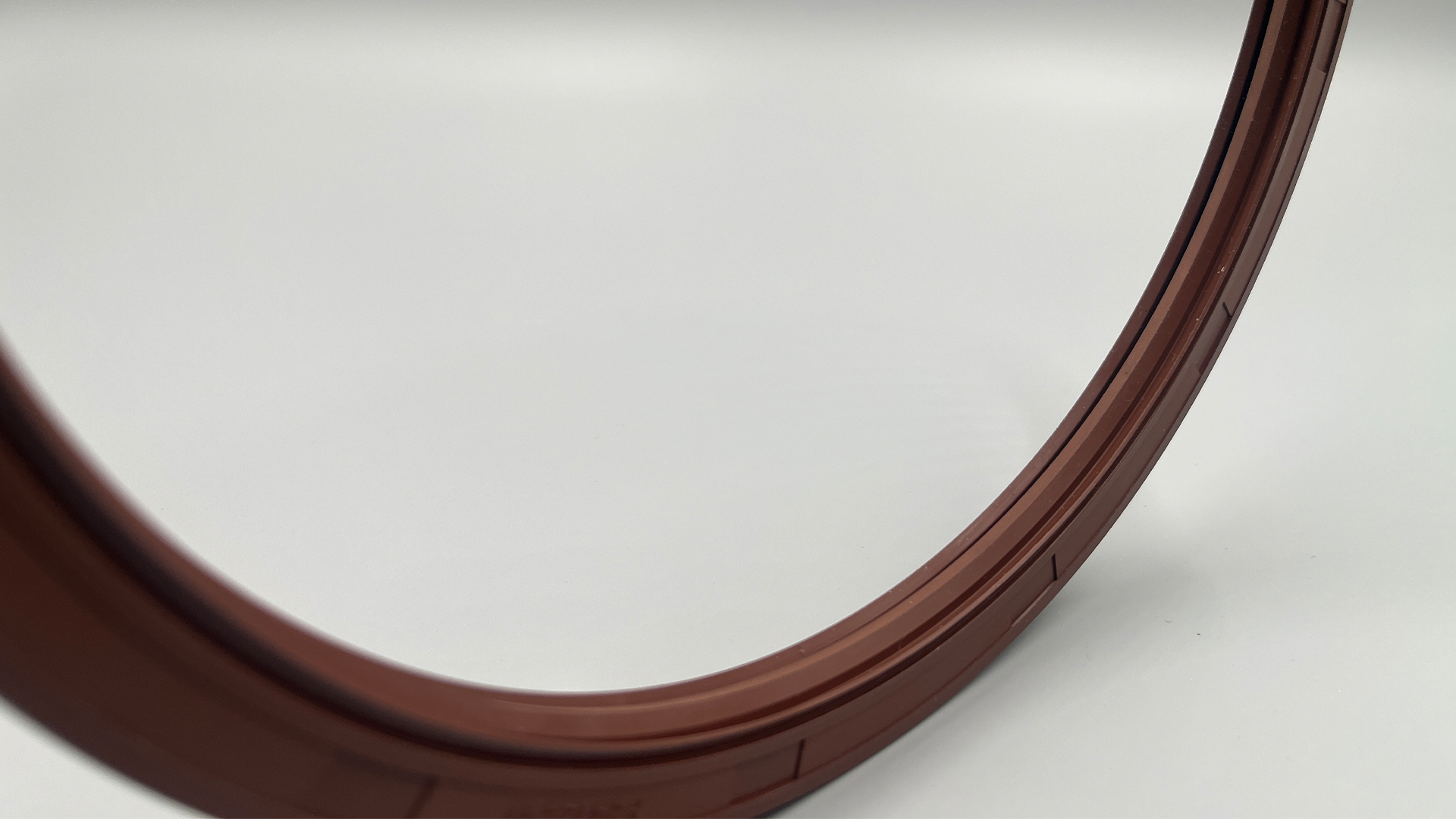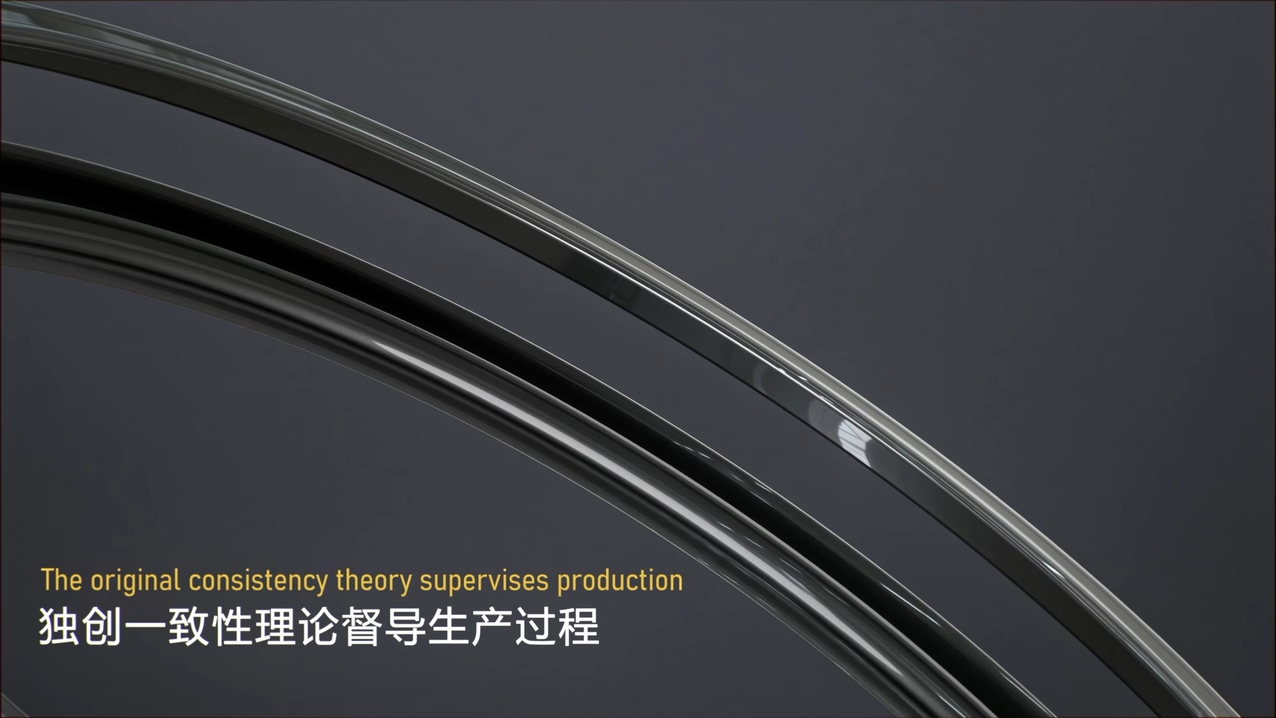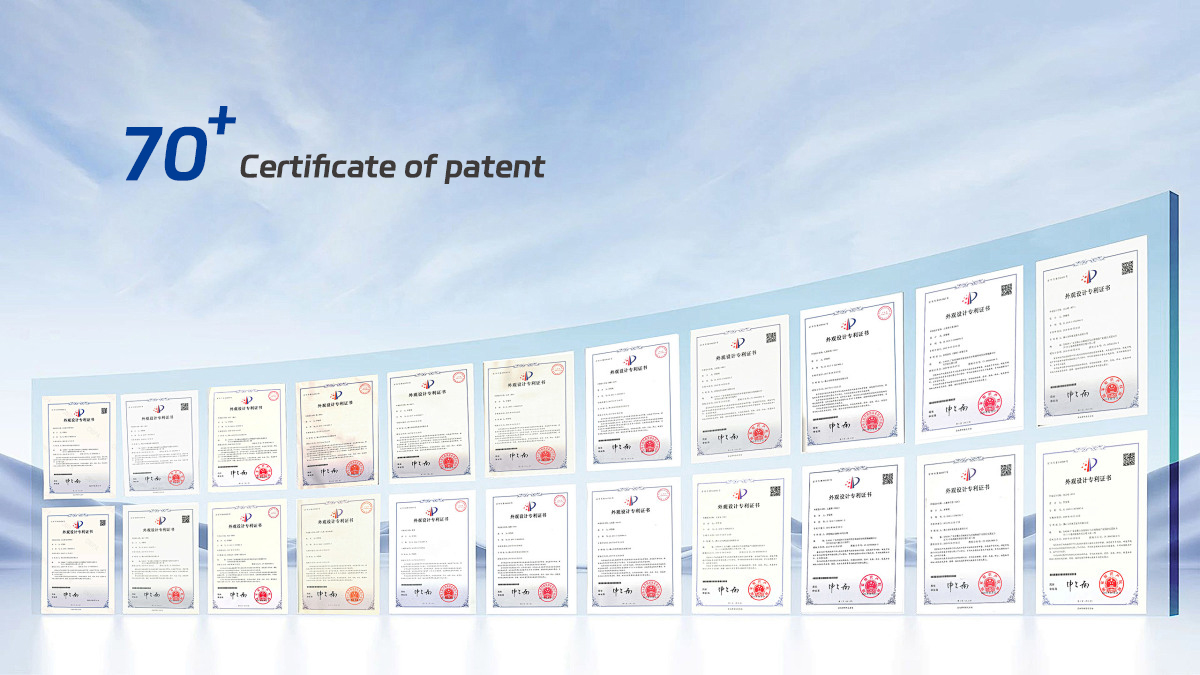Industrial robots
Focus on “heavy load, high rigidity, long service life”
Industrial robots are mainly used for repetitive tasks in fixed scenarios (such as welding, handling, and assembly). Their movement trajectories are relatively fixed, they carry heavy loads (ranging from a few kilograms to several tons), and they need to operate continuously for long periods of time (usually more than 20 hours per day). Therefore, the core requirements for their reducers are high rigidity, high load capacity, high repeatability, and long service life.

☆ RV reducer:
The “main reducer” for industrial robots, especially suitable for large joints (such as bases, upper arms, and lower arms), accounting for more than 70% of core joint applications.
Features: Extremely high rigidity (outstanding deformation resistance), capable of withstanding high torque (output torque can reach tens of thousands of Newton meters at a single-stage reduction ratio), repeat positioning accuracy up to ±0.1 arc seconds, and a service life of 10,000 to 30,000 hours (far exceeding other types of reducers).
Drawbacks: Large volume and weight (due to the structure including cycloidal pinwheels and planetary gears, with materials primarily high-strength alloys), unsuitable for lightweight requirements.
☆ Harmonic reducers:
Suitable for small joints (such as wrists and fingers), light-load applications with extremely high precision requirements (such as electronic component assembly).
Features: Compact size and lightweight (only one-third the weight of an RV reducer with the same torque), high gear ratio (50–300), smooth transmission, and repeatability accuracy up to ±1 arcsecond.
Drawbacks: Weaker rigidity (flexible gears are prone to fatigue), poor impact resistance, and shorter lifespan (approximately 5,000–10,000 hours), making it unsuitable for heavy-load or high-frequency impact applications.
☆ Planetary reducer:
Used as an auxiliary for medium-load applications (such as conveyor belt drives), with performance between RV and harmonic reducers, and lower cost.
Based on systematic research into the various oil seal structures used by leading international brands, UKS has combined its 20 years of technical expertise to continuously optimize and iterate its designs, resulting in the launch of UKS robot-specific oil seals. These oil seals are specifically designed for common operating conditions in robots, addressing the issue of conventional skeleton oil seals being unable to maintain stable sealing over the long term in narrow cross-sectional conditions.

Millimeter-level space conqueror
▸Narrow cross-section topological optimization design, breaking through the installation space limitations of traditional oil seals
▸Adaptive thin-walled structure compatible with micro-deformation of precision joints
Dual dust barrier
▸Outer dust lip: Effectively blocks external dust particles
▸Inner flexible compensation layer: Dynamically fills microscopic wear gaps
▸Based on dual radial force testing theory, seamlessly switches between dynamic and static sealing states
Wear coefficient theory and practice benchmark
▸Optimized material composition reduces wear coefficient to theoretical minimum
▸Triple composite structure design:
- Low-friction surface layer (reduces temperature rise)
- High-elasticity intermediate layer (compensates for deformation)
- Creep-resistant base layer (maintains radial force stability)
Robot oil seal rubber materials are mainly made of fluorocarbon rubber (FKM).
▸Excellent high-temperature resistance
The long-term operating temperature can reach 200℃, and special grades such as perfluoroelastomer (FFKM) can even maintain elasticity at 300℃.
▸Extremely strong chemical corrosion resistance
Highly resistant to strong acids (such as fuming nitric acid, concentrated sulfuric acid), strong alkalis, organic solvents (such as chlorinated hydrocarbons, high-aromatic gasoline), and oils, with minimal swelling or degradation.
▸Excellent aging resistance and vacuum performance
Resistant to ozone, ultraviolet light, and atmospheric aging, with stable performance even after ten years of natural storage.
▸Balanced mechanical properties and electrical insulation
Tear strength reaches 3–7 MPa, with elongation exceeding 600%, while also providing low-frequency electrical insulation capability.

Over the past two decades, UKS production system technicians have pioneered innovative solutions to address the scientific challenges associated with the dimensions and structure of elastomer oil seals. This breakthrough has resolved the long-standing concerns of rubber elastomer product manufacturers regarding product dimensional control. The resolution of rubber product dimensional consistency issues has propelled UKS oil seal product dimensional and structural scientific control into a phase of rapid development.
The essence of product consistency process lies in a three-tier system of “design standardization - process digitization - intelligent control,” which controls variations in the 4M1E (man, machine, material, method, environment) within acceptable ranges. The key implementation points include:
1. Establishing quantifiable process standards and traceable parameter records;
2. Utilizing detailed data accumulation to adjust and identify seal performance under different conditions in real time;
3. Leveraging IoT, AI, and other technologies to achieve real-time monitoring and predictive adjustments across the entire production process;
4. Utilizing two-dimensional imaging analysis equipment to comprehensively control defective products and achieve the goal of “zero defects” production.

☆ UKS holds more than 70 core technology patents;
☆ 30% of annual profits are invested in technology research and development, continuously deepening seal design and manufacturing technology;
☆ Research, production, and sales are integrated, accumulating rich product design and research and development experience in the process of continuous development.